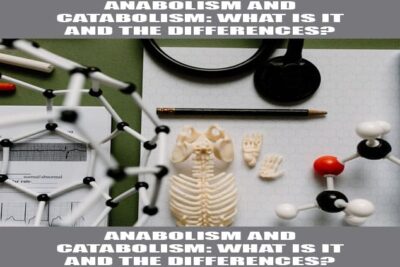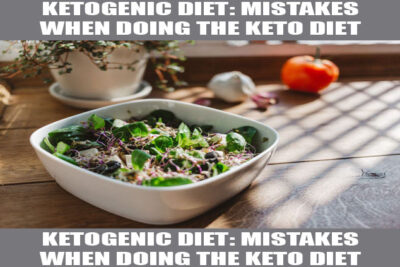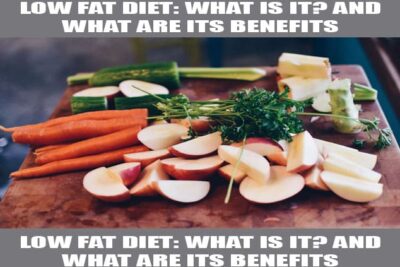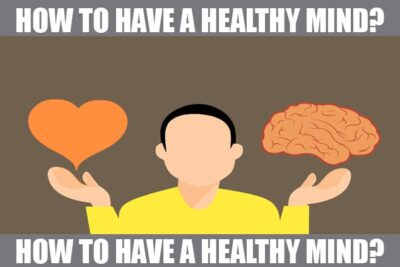
What is ketosis?: Definition, Benefits and Risks
Definition of ketosis
Ketosis is defined as the condition in which your body burns excess fat instead of glucose or other forms of energy. Ketones are produced when your body breaks down stored fat. They are used for energy and are excreted from the body through urine, sweat, and breath. Ketosis can occur when you follow a special diet for a limited period of time, such as a ketogenic diet, or for a long period of time, such as a long-term maintenance plan. In either case, ketosis can be harmful to your body if not maintained.
What is ketosis?
In a nutshell, ketosis is the condition in which your body burns large amounts of fuel to replace it with a ketone (one of the three chemicals resulting from ketogenesis), much like what happens in the human body during ketosis. Ketones are produced when the brain's reward center recognizes that an energy source is available, but the brain cannot use it (due to a shortage of glycogen). Although ketosis is normal and healthy in severe conditions, ketosis that persists for more than a few days is potentially harmful.
We get ketones in abundance while we are healthy and also during times of famine, especially when we are unusually thin. Normally, your body burns around 400 calories per day, depending on how your body is built. However, ketosis is only a healthy part of what you should be experiencing during times of intense physical activity. If you follow a keto diet, you will experience ketosis to some degree and this is normal.
You will lose weight because you are burning fat instead of carbohydrates and you will also lose water weight. You will also be able to eliminate waste through your kidneys and liver, because ketone bodies break down protein and store it as fat. The challenge is that as long as ketone bodies continue to break down your tissues, you can expect your cholesterol levels to rise, your blood sugar levels to rise, and you'll be at higher risk for diabetes. Your kidneys and liver simply cannot process all this glucose, and the extra sugars are stored as fat.
Benefits of ketosis
The benefits of ketosis go far beyond mere weight loss. In fact, it has become a natural prevention method for several serious medical conditions. In addition to helping you lose weight quickly, ketosis can also improve your health, lower your risk of cancer, increase your energy, reduce inflammation, and improve your blood glucose levels, greatly reducing your risk of developing diabetes. Ketosis is also a great alternative to eating disorders. Since ketosis has been shown to improve brain and central nervous system function, an eating disorder is a less likely possibility.
One of the most important benefits is weight loss because ketones help burn fat. When glucose is not needed by the liver, ketones are removed from the liver and stored in other body fat depots, such as the abdomen, hips, thighs, and buttocks. In addition to weight loss, it is possible to prevent the development of some medical conditions, such as cancer, when the liver does not produce ketones. In addition to preventing disease, ketosis can improve other conditions, including diabetes, asthma, epilepsy, heart failure, and high blood pressure.
risks of ketosis
Ketosis has many positive effects on the brain, but it also has a dark side. One of the most serious consequences is ketoacidosis, which is a condition that develops when the brain begins to use ketones for fuel instead of glucose. Brain cells die and ketones are toxic to the brain. This condition is a risk factor for diabetic neuropathy as well as Alzheimer's disease. It has also been shown to increase the risk of having a stroke or other type of cardiovascular event.






























Content that may interest you